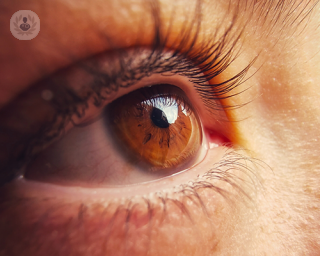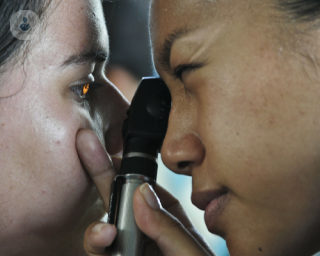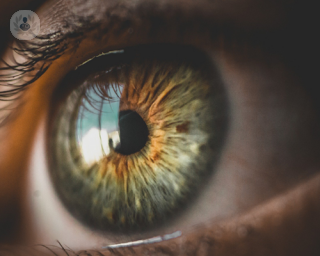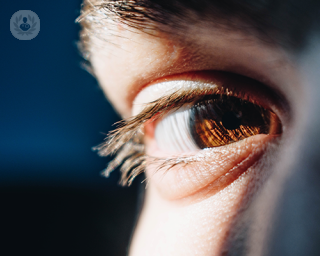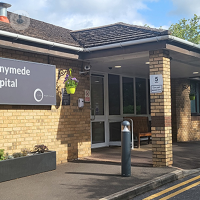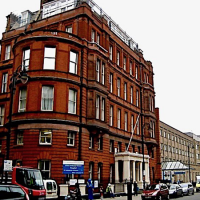Retina
Miss Rahila Zakir - Ophthalmology
Created on: 05-12-2017
Updated on: 09-13-2023
Edited by: Conor Lynch
What is the retina?
The retina is a thin layer of tissue on the back wall of the eye made up of different cells (retinal pigment epithelium, nerve cells and photoreceptor cells). The photoreceptor cells (cones and rods) react to light, and send electrical signals to the brain, which interprets these signals as vision.
The retina, along with the optic nerve, develops in the embryo as part of the brain tissue, making it part of the central nervous system. Being a nervous tissue, the retina doesn’t have the ability to regenerate itself.
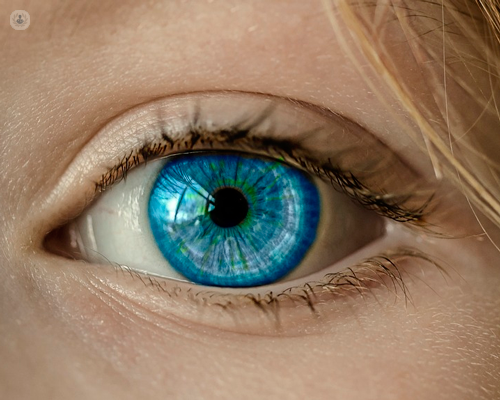
What does the retina do?
The retina is responsible for our vision. The photoreceptor cells (cones and rods) react to light entering the eye, releasing chemicals, which in turn trigger a nerve impulse, which is sent to the cerebral cortex via the optic nerve. The pattern of light hitting the photoreceptor cells triggers a unique set of electrical signals, which are interpreted by the brain as an image.
Rod cells function well in low light, providing us with our night vision. They contribute little to colour vision, which is why we find it difficult to distinguish colours in darkness. They tend to be concentrated around the edge of the retina and are also used for peripheral vision.
Cone cells, on the other hand, are less sensitive to light, making them of little use in low-light conditions. However, they are responsible for our colour vision. Most people have three kinds of cone cell. Each type is sensitive to a different visible wavelengths of light, giving us trichromatic vision. The mixture of signals sent by the different cone cells being stimulated to different degrees creates the mixture of colours we can perceive. Some people are born with only two types of cone cells, limiting the range of colours they can perceive, causing them to easily confuse colours that appear different to someone with all three types of cone cell.
What conditions can affect it?
Retinal conditions can affect your eyesight with different degrees of severity. They can be either acquired or inherited:
- Diabetic retinopathy – diabetes causes the capillaries that supply the retina to leak fluid into or under the retina, leading to swelling and distorted vision.
- Retinal tear – when the gel-like vitreous inside the eye shrinks it can tug at the retina, and sometimes this can cause a tear.
- Retinal detachment – a disorder in which the retina becomes loose and detaches from the tissue underneath. It is usually caused when fluid passes through a retinal tear.
- Retinitis pigmentosa – a degenerative disease of the retina
- Macular degeneration (AMD) – age-related deterioration of the macula – a small part of the retina with a high concentration of cone cells, responsible for central colour vision.
- Macular hole – a small defect in the macula, perhaps caused by trauma or traction between the retina and the vitreous.
- Macular oedema - swelling in the retina caused by a number of conditions. Macular oedema is very common in uveitis and is often a driver for treatment.
How can such conditions be treated?
The treatment will vary according to the specific condition. Some conditions can be treated with intravitreal injections; for others, the only option is surgery.
Which doctor should I see?
You should see a specialised ophthalmologist.

